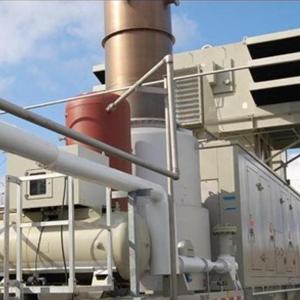Brazil reinstates tariff on ethanol imports

February 3, 2023
BY Erin Krueger
The government of Brazil on Feb. 1 announced it has reinstated its tariff on fuel ethanol imports. The import tax will be set at 16 percent through the end of 2023, increasing to 18 percent next year.
According to a statement released by Brazil’s Ministry of Agriculture and Livestock, the move to reinstate the tariff aims to protect Brazil’s domestic industry as the next sugarcane harvest season begins this spring.
Brazil in March 2022 waived its import tariff on several products, including fuel ethanol, through the end of the calendar year in an effort to alleviate inflationary pressures resulting from the COVID-19 pandemic and market impacts caused by Russia’s invasion of Ukraine.
Advertisement
Advertisement
In December 2022, Brazil extended the suspension of the import tariff on ethanol through the end of January 2023. That exemption, however, has now been lifted and fuel ethanol exported to Brazil will once again be subject to import tariffs.
Advertisement
Advertisement
Related Stories
The USDA has announced it will delay opening the first quarterly grant application window for FY 2026 REAP funding. The agency cited both an application backlog and the need to disincentivize solar projects as reasons for the delay.
Neste and DHL Express have strengthened their collaboration with the supply of 7,400 tons (9.5 million liters) of neat, i.e. unblended, Neste MY Sustainable Aviation Fuel to DHL Express at Singapore Changi Airport starting July 2025.
CoBank’s latest quarterly research report, released July 10, highlights current uncertainty around the implementation of three biofuel policies, RFS RVOs, small refinery exemptions (SREs) and the 45Z clean fuels production tax credit.
The U.S. Energy Information Administration maintained its forecast for 2025 and 2026 biodiesel, renewable diesel and sustainable aviation fuel (SAF) production in its latest Short-Term Energy Outlook, released July 8.
XCF Global Inc. on July 10 shared its strategic plan to invest close to $1 billion in developing a network of SAF production facilities, expanding its U.S. footprint, and advancing its international growth strategy.
Upcoming Events










